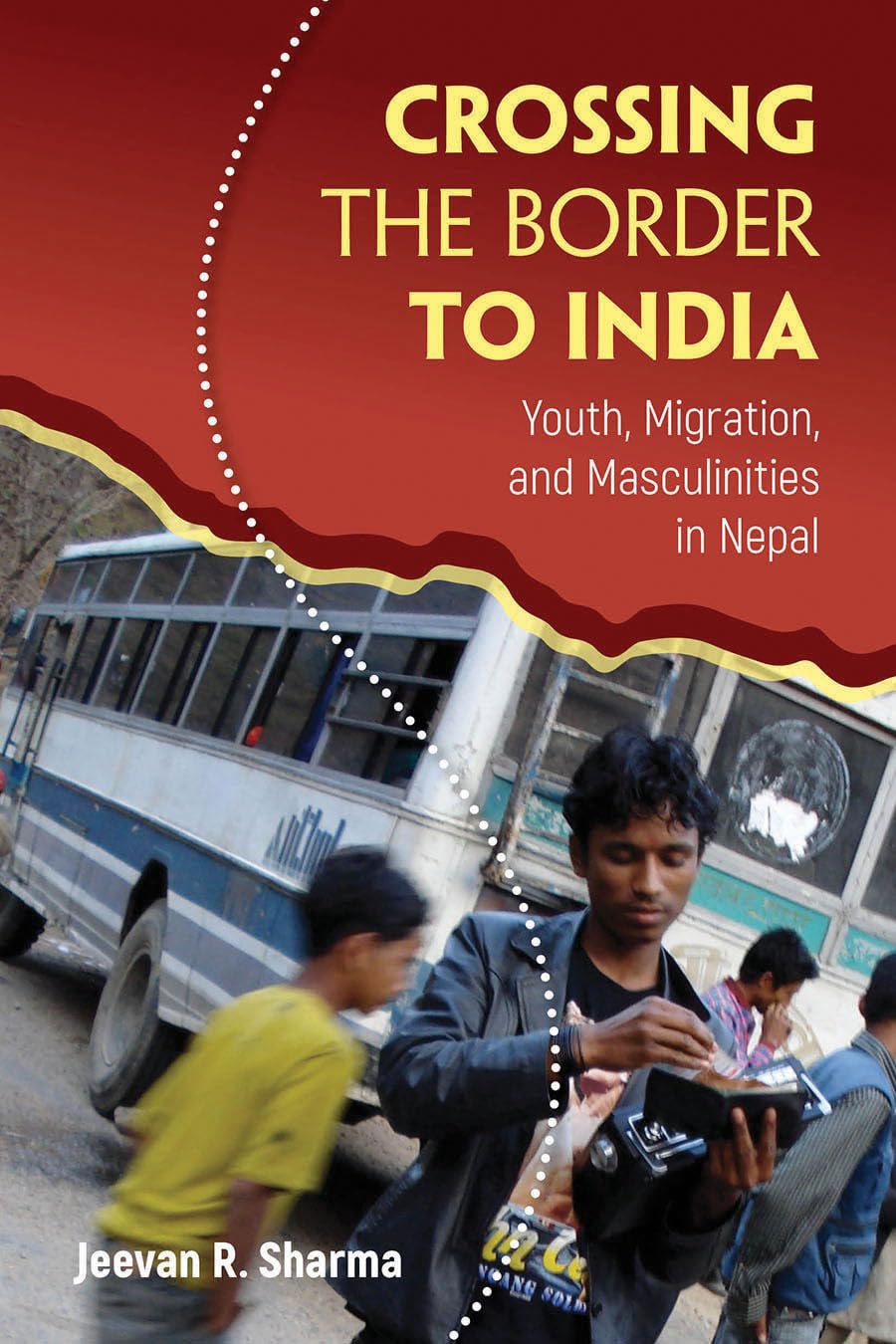Progress in Least Developed Countries stalled by multiple crises

NEW YORK (ILO News) ‒ Economic and social progress in Least Developed Countries (LDCs) have been slowed by the impact of the COVID-19 pandemic, climate change and the continuing energy and food crises.
According to a report by the International Labour Organization (ILO), most LDCs responded rapidly to the pandemic by implementing a wide range of support packages, despite widening financial gaps and limited fiscal space.
However, structural weaknesses have rendered them more vulnerable to the current multiple shocks and will be further exacerbated if the LDCs do not fully participate in the global recovery.
The report, Present and future of work in the LDCs , presents an overview of the progress and the structural challenges faced by LDCs in terms of structural transformation, a just transition to greener economies and the creation of full and productive employment and decent work. It covers current trends in production, productivity, employment and decent work, as well as the role of social protection and institutions of work.
There are currently 46 countries on the list of LDCs, representing 12 per cent of the world’s population. They are characterized by low income levels and vulnerability to economic and environmental shocks, low human development, extreme poverty and high mortality rates.
According to the report, LDCs’ vulnerabilities are largely the result of weak productive capacities associated with lack of human capabilities, inadequate infrastructure and limited capacity to access and use technologies. They are also the result of weak institutions, including the institutions of work and social protection systems.
Informal employment is pervasive and represents almost 90 per cent of total employment in the LDCs. Moreover, there is strong polarization between enterprises of different capacities and productivity.
The report assesses how digital technologies can potentially deliver large benefits to LDCs – particularly those with large young populations – provided that significant investments are made in capital, skills and knowledge to support productive and inclusive decent work.
The report includes a number of policy recommendations for a human-centred recovery that is inclusive, sustainable and resilient. These include:
- Expanding international assistance and cooperation, including Official Development Assistance (ODA), to strengthen healthcare and vaccines and to avoid unnecessary restrictions and barriers to trade and migration.
- Strengthening institutions and employment policies for decent work creation and enhancing policy coherence on climate action towards greener economies.
- Strengthening institutions of work and building capacities to enable rights, such as freedom of association, collective bargaining and other fundamental principles and rights at work, with the active engagement of social partners.
This policy focus would create a virtuous circle that improves trust in government, facilitates a progressive shift to high value-added and environmentally sustainable activities, helps reduce poverty and inequality, and contributes to social justice, the report says.
“Multiple shocks have put Least Developed Countries under enormous pressure,” said ILO Director-General, Guy Ryder. “However, with the right employment and macroeconomic policy measures, new jobs can be created in both existing and new sectors, along with enhanced productivity and innovation driven by investments in green and digital economic opportunities.”


















Facebook Comments